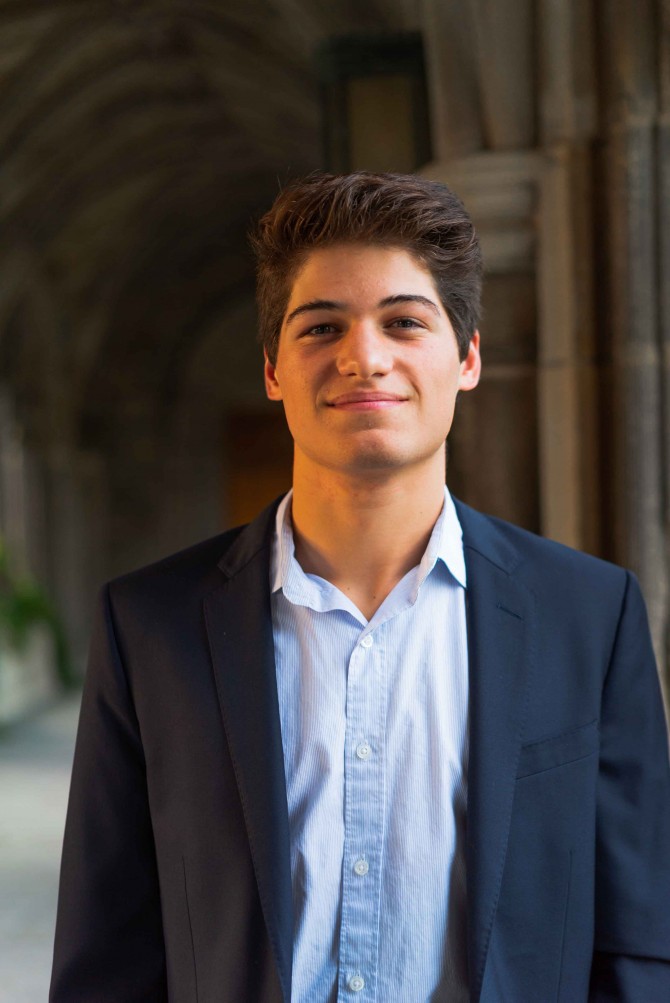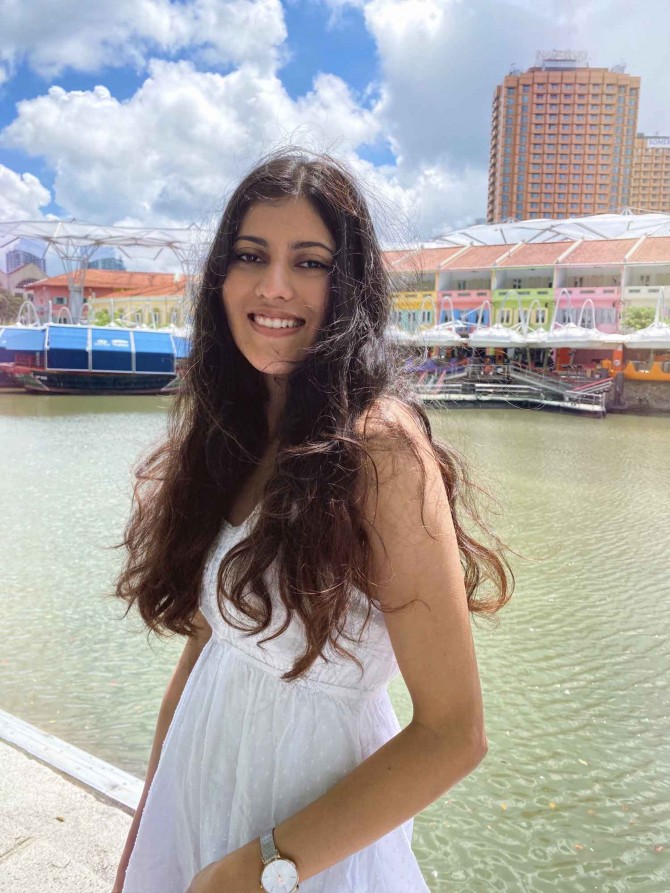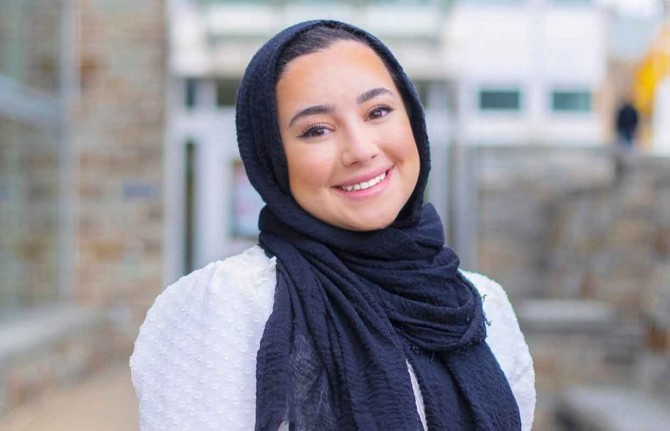News directly from Cornell's colleges and centers
Humanities students share wide variety of research in spring event
By Kathy Hovis
More than 30 students who have conducted research will present their work in a virtual conference May 6-7. One panel investigates the ideas of Goldwin Smith, while other presentations focus on migrant workers in Singapore, political violence in Africa and other topics.
The Humanities Scholars Undergraduate Research Conference will begin with the work of students in the College of Arts & Sciences’ new Humanities Scholars Program. Those students, who are either majoring or minoring in a humanities field, are taking part in a humanities research methods class this semester, where a group assignment on Goldwin Smith’s ideas was based on materials from the Rare and Manuscripts Collections in Kroch Library.
“It’s so exciting to see these projects come together: each of the students worked with faculty mentors to develop an original idea that they researched and produced as plays, performances, and final theses,” said Durba Ghosh, professor of history and director of the Humanities Scholars Program. “Given the many challenges of doing any kind of research this year, we’re really glad to be able to showcase the work of our graduating humanities majors and minors.”
Other presenters at the conference come from a variety of backgrounds and interests.
Alec Giufurta ’21 will share his work researching U.S. print newspaper coverage of political violence in sub-Saharan Africa.
“For me, this study is vital as there is not much literature examining how U.S. newspapers plan and prioritize coverage of political violence,” said Giufurta, who is majoring in government and African studies. “Outside of the implications for public attentiveness, political science conflict and violence databases often use news stories as the basis for logging events — if coverage is biased toward certain types of political violence, it’s important that we know why, and how.”
A recent example comes from Ethiopia, and the Tigray crisis, he said. Although the conflict has been ongoing for almost a year now, strong news coverage only began this spring.
“I’m really honored to be part of this conference that I think aims to center curiosity through community, and really am excited to be exposed to new ideas,” he said.
Prinita Mukherjee ’21, an anthropology major, interviewed migrant workers in her home country of Singapore for her project, “Migrant lives in labor: South Asian construction workers and Southeast Asian domestic workers in Singapore.”
She combined her interests in the South Asian diaspora, gender, race and class, asking questions about visibility, the rights to space and expressions of gender in the male-dominated construction industry and the female-dominated domestic work industry.
The COVID-19 pandemic made her work more difficult, as the people she was interviewing were essential workers most vulnerable to contracting the virus, she said.
“This was an unprecedented context that exacerbated the inequalities they faced, further trapping them in exploitative working conditions and making it difficult to maintain in-person contact,” she said. “At times, it felt like the last thing they needed was a college student intruding on their already difficult lives and asking questions that would add to their stress.”
Mukherjee said she hopes to continue this work next year in graduate school.
“I hope to gain new insights on how to best approach telling the stories of workers and their lived experiences as an anthropologist who aims to center their narratives when dealing with issues of migrant labor,” she said. “My knowledge on the migrant worker community is ongoing and I would be happy to spark further dialogue and active movements of change to improve the situation.”
Lana Aldos ’21 escaped the Syrian revolution with her family and said she was “filled with a burning resolve to help those cast from their homeland.”
Her research, which included phone interviews with refugees, provides a qualitative analysis of the financial, structural and personal healthcare access barriers experienced by Syrian refugees in Jordan.
“Seeing the suffering of refugees and family members who have gone through living in refugee camps motivated me to study how infectious disease spreads, and reach the root cause of their health problems,” said Aldos, who is majoring in biology and society.
Coursework and previous research in epidemiology and population health provided the tools she needed for her project, Aldos said.
“I hope that my findings will not only improve the living conditions of refugees but also encourage policy makers in host countries to consider the circumstances of refugees and displaced people when making healthcare policies,” she said. “For nine years, I struggled to find my purpose, the one I felt responsible for when I escaped Syria with my family. This project marks the biggest milestone in my academic career, and my personal development.”
Aldos said she hopes her presentation motivates other students to pursue research in the areas they feel personally connected to, using their education and experience as “tools for the change they want to make in the world.”
The conference is open to the public and begins with opening remarks from Provost Michael Kotlikoff at 4:30 p.m. May 6. Presentations continue into Thursday evening and begin again Friday, May 7, at 3 p.m. No registration is required and Zoom links will be available on the conference website.
Read the story on the College of Arts and Sciences website.
Media Contact
Get Cornell news delivered right to your inbox.
Subscribe



